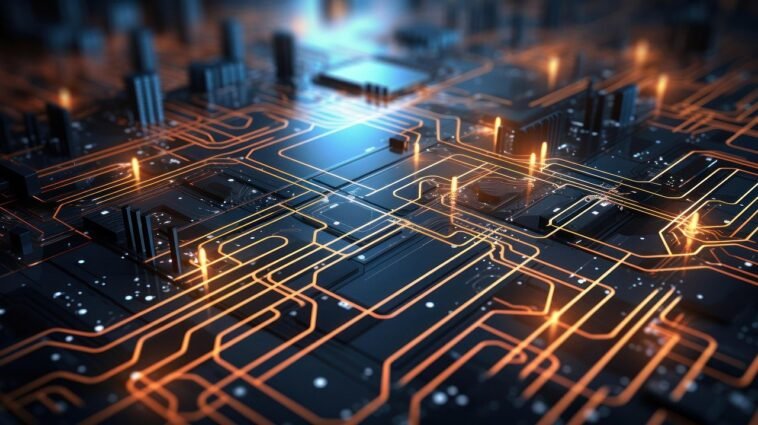Origins of Nanosensors in Healthcare
Nanosensors, tiny devices capable of detecting and measuring chemical or biological substances at the nanoscale, have revolutionized healthcare since their inception. Developed in labs across the globe over the last two decades, these miniature sensors have paved the way for personalized medicine and improved diagnostics.
Breakthroughs in Nanosensor Technology
In 2025, nanosensors have seen significant advancements in sensitivity, specificity, and scalability. These sensors can now detect biomarkers for various diseases with unparalleled accuracy, enabling healthcare professionals to diagnose conditions at an early stage and tailor treatment plans for individual patients.
Utilization of Nanosensors in 2025
From non-invasive glucose monitoring for diabetic patients to cancer detection through liquid biopsies, nanosensors have found diverse applications in the healthcare industry. These devices are integrated into wearable tech, implantable devices, and diagnostic tools, offering real-time health monitoring and rapid disease identification.
Significance of Nanosensors in Healthcare
The widespread adoption of nanosensors in healthcare signifies a shift towards proactive and personalized medicine. By enabling continuous monitoring and early detection of health issues, these devices empower individuals to take control of their well-being and facilitate timely interventions.
What Lies Ahead for Nanosensors?
As nanosensor technology continues to evolve, what new frontiers will these tiny marvels unlock in healthcare? How will regulators ensure the safe and ethical use of these devices while promoting innovation? The future of nanosensors in healthcare holds promise, but also raises important questions about privacy, equity, and the boundaries of medical technology.


